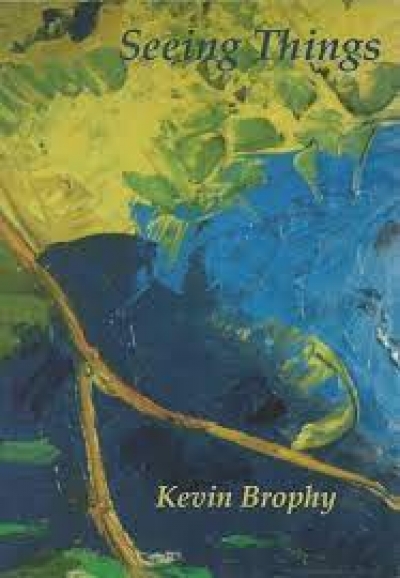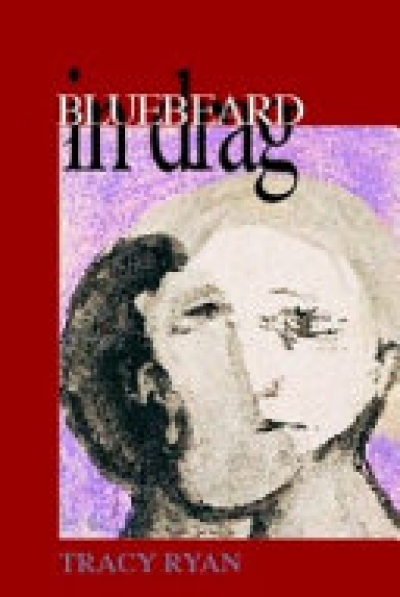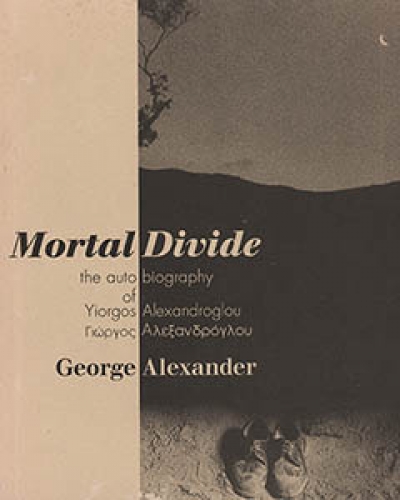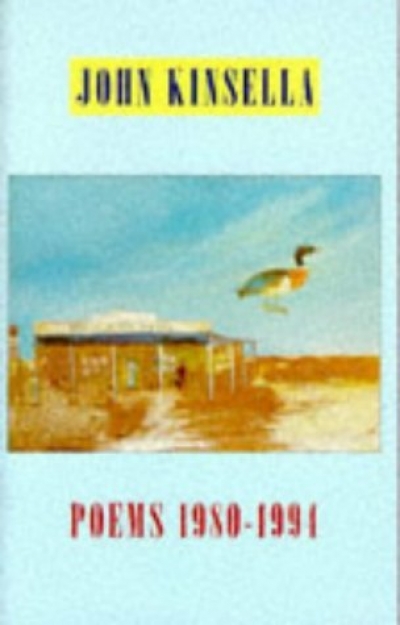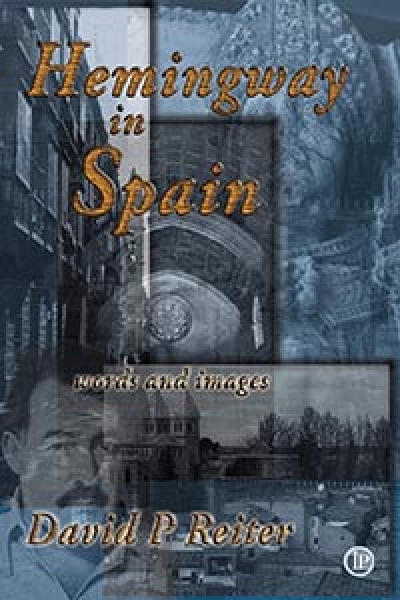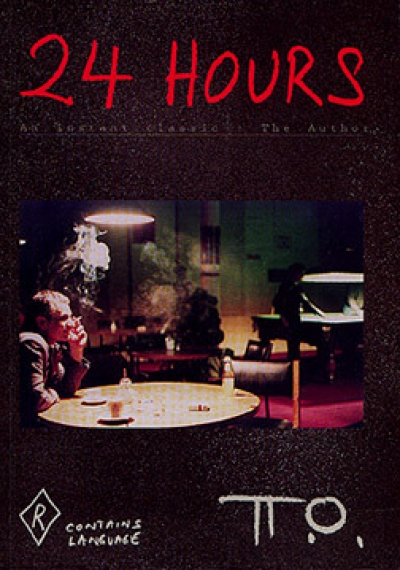Australian Poetry
The introduction to this collection(Horns of Dilemma, Papyrus Publishing, $14.95 pb, 108 pp), and the poems themselves, make it clear that Helene Brophy is a woman of much compassion and experience in the humane realms of feminism, teaching and social work, as well as in the more personal spheres of serious injury, illness and death.
... (read more)Mortal Divide: The autobiography of Yiorgos Alexandroglou by George Alexander
Hemingway in Spain and Selected Poems by David P. Reiter
Ivor Indyk reviews poetry by Karen Attard, M.T.C. Cronin, Lisa Jacobson, Peter Minter, Sue L. Nicholls, and Mark Reid
These six poetry titles represent the third series of New Poets to be published by Five Islands Press. Each title runs to exactly thirty two pages – no more, no less. It is, in a sense, a mini-collection, or a semi-collection, midway between a reading and a book. The series as a whole is therefore like a showcase of new talent – you applaud some of the poems, and get impatient with others, much as you do with the poets themselves. This is a good thing – it presents poetry as the provisional affair it really is, most of the time, for poet and reader alike.
... (read more)
